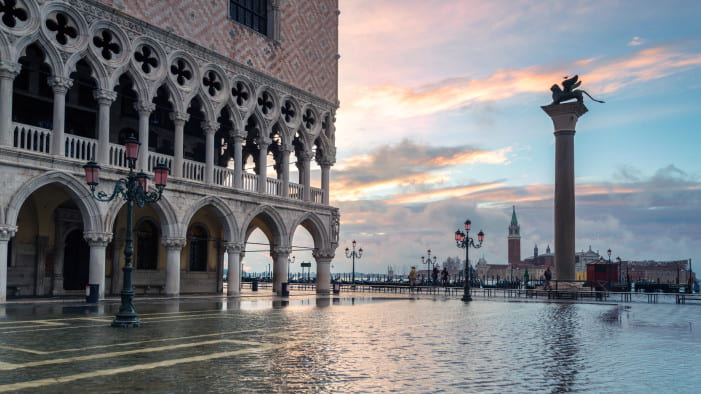Each Friday, the Wagner Planner editorial board will publish a news roundup of recent planning news. Topics range the gamut of urban planning concentrations, but will mostly be at the discretion of the editors.
Brendan’s Picks
Nairobi Should Rethink Its Colonialist Approach to Urban Design
“The apartheid on the roads is also replicated in policy: roads for the rich and not much else for everyone else. The proposed expressway is, by the government’s own admission, a road “for Kenyans who are able to afford it.” This amounts to little more than a public subsidy to allow the rich to escape congestion, rather than a serious attempt to deal with it.” (CityLab)

There’s No App for Getting People Out of Their Cars
“Apps that let people pay for all types of mobility aren’t going to get people out of their cars, because it doesn’t matter how easy it is to pay if the bus only comes once an hour.” (CityLab)
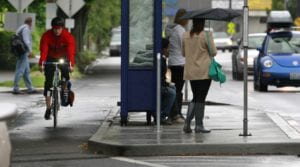
Garçon! D.C. Requires Curb Reservations for Deliveries
“Cities need to treat curb space like restaurants treat its prime tables.
That’s one finding of a just-finished three-month pilot program in Washington, D.C., where officials required delivery and taxi companies to reserve specific time slots to pick up or drop off packages or people at specific places.” (Streetsblog)
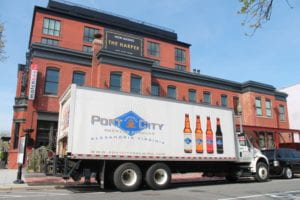
Mayelly’s Picks
Cities Worldwide Are Reimagining Their Relationship With Cars
“The immediate motivation is clear: City dwellers want cleaner, healthier air and less traffic. The long-term payoffs can be big: Curbing transportation emissions, which account for nearly a fourth of all greenhouse gases, is vital to staving off climate catastrophes.” (The New York Times)
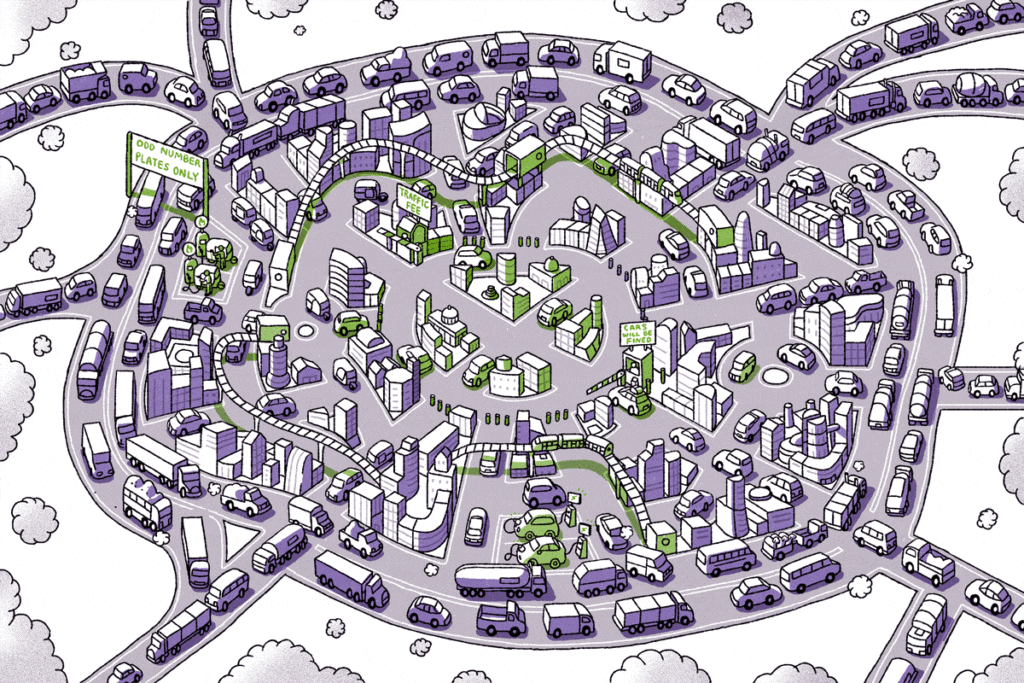
The Postal Service Goes Urbanist: How New Mailbox Regulations Encourage Density
“The postal service has a small but important role in all new development in the United States. Before a developer finalizes plans and property lines with zoning authorities, they must notify USPS so that the federal agency can plan to serve the new homes with mail. Last year, the postal service updated its guidance for the types of mailboxes available to serve new developments. Now, barring exceptional circumstances, new housing developments will get mail at shared ‘cluster’ mailboxes, rather than having it delivered to door mail slots or individual curbside mailboxes.” (Catalyst)
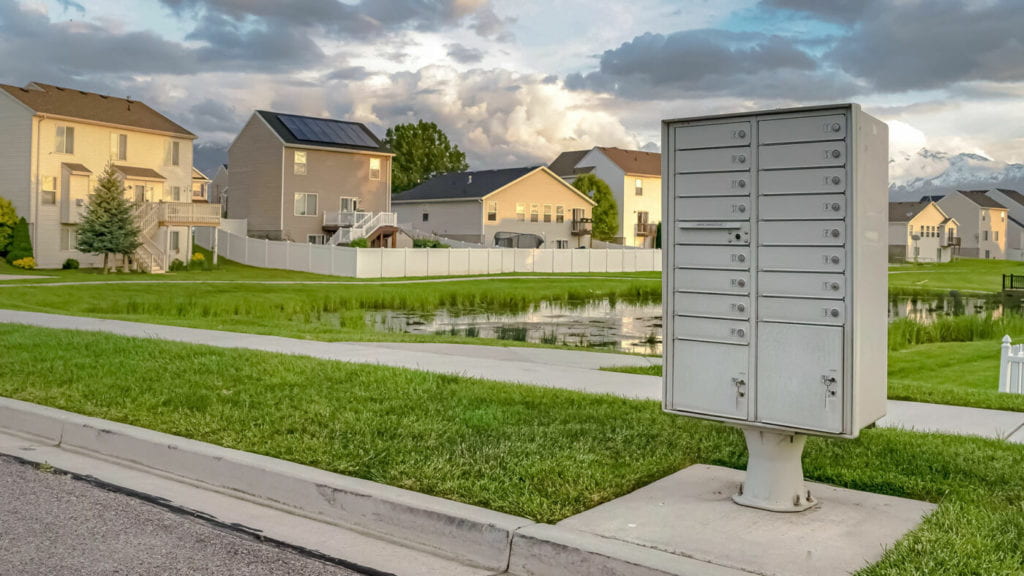
After Record Floods, Venice Assesses the Damage and Braces for More Climate-Related Disasters
“There is a plan to protect the city. It’s called ‘Mose,’ which is the Italian name for the biblical figure Moses, as well as an Italian acronym for ‘Experimental Electromechanical Module.’ Mose—an $8 billion project that has suffered through delays and cost overruns since it was first drawn up in 1987—will use a network of submerged gates that will rise up to block off the lagoon at three key junctures. In theory, it should protect the city from floods of up to 300 centimeters, or roughly ten feet. It is expected to come online in 2022, though political leaders have said this week that should be moved forward.” (Fortune)
